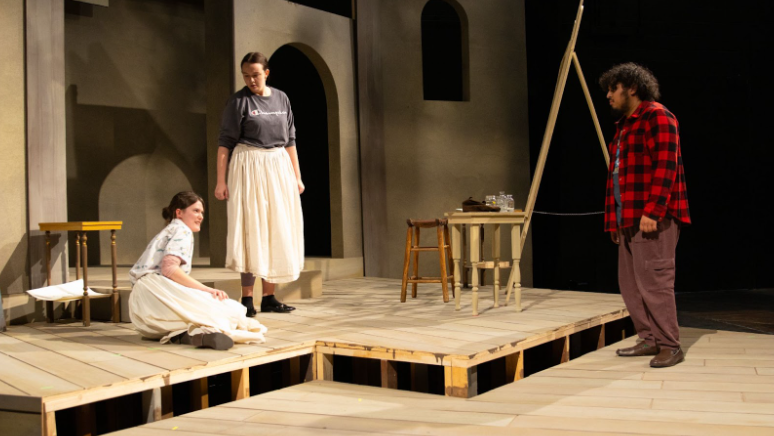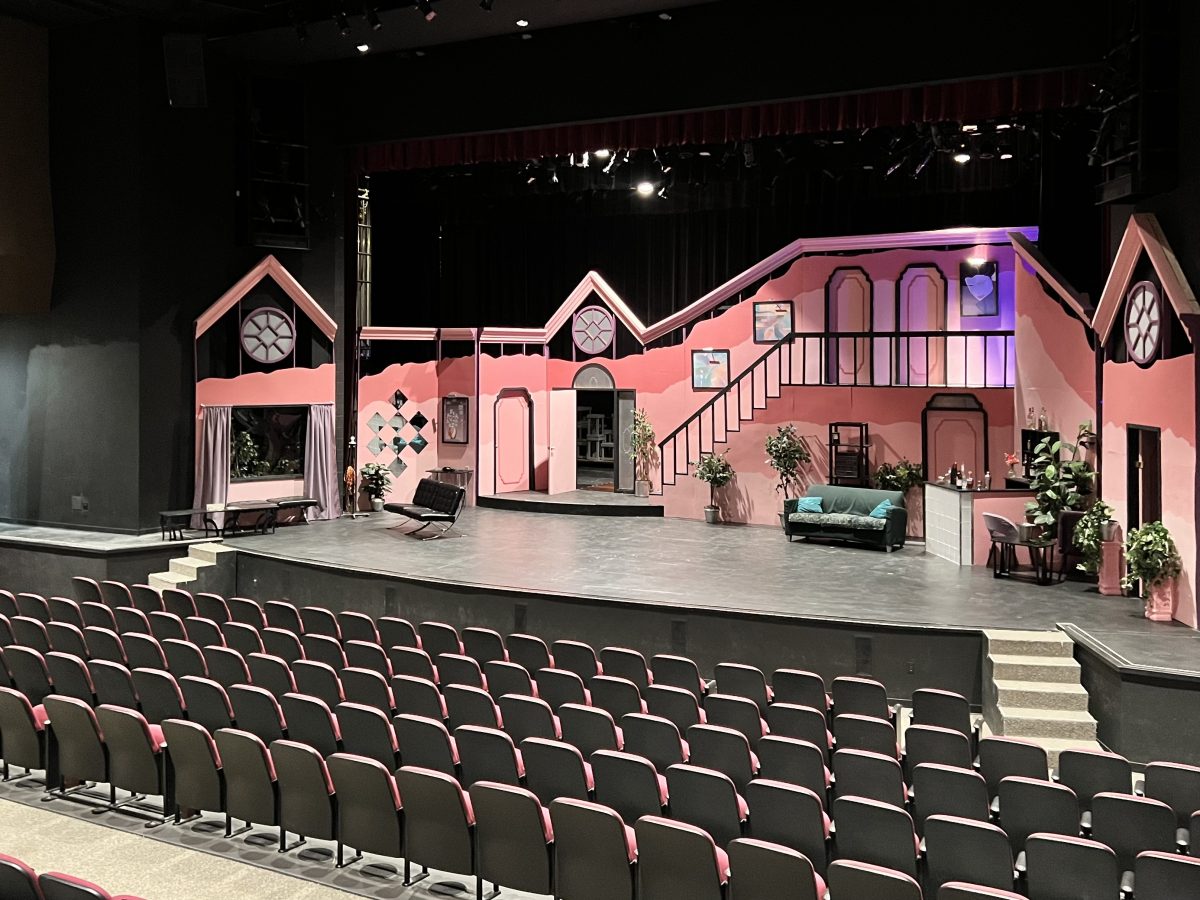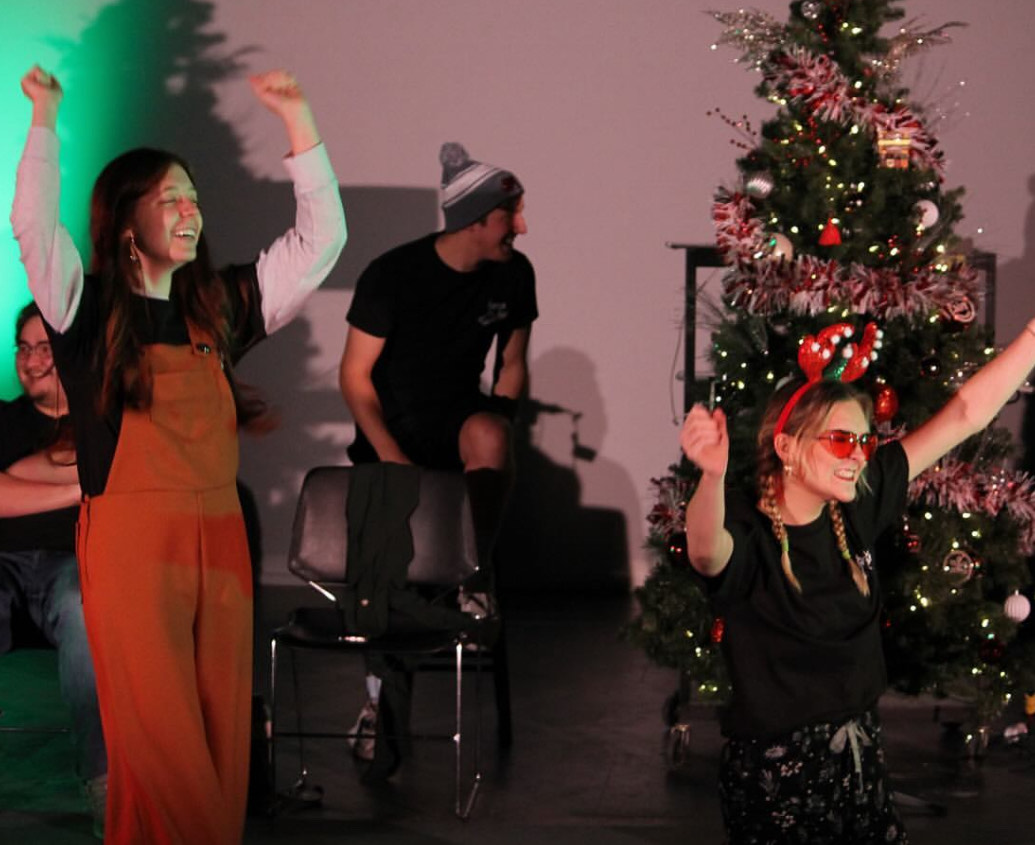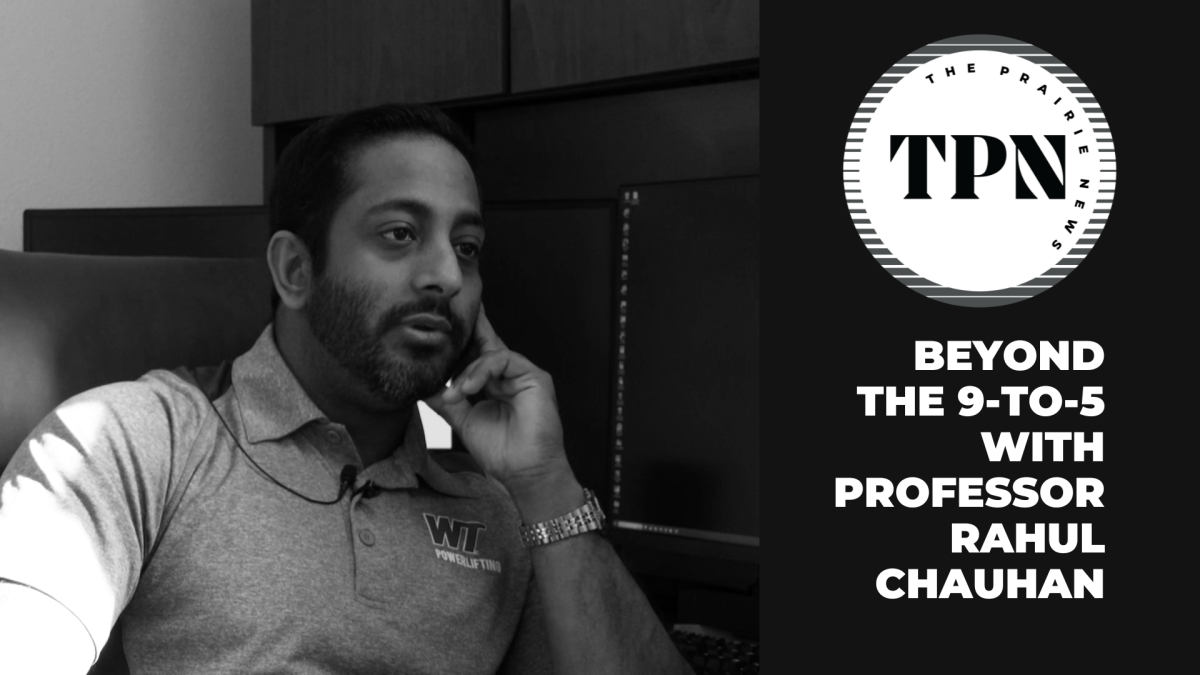
What kind of publication wouldn’t review TV’s scariest show before Halloween? Not your trustworthy The Prairie that’s for sure. In case you’ve been living under a rock, or a book if you’re especially studious, The Walking Dead is an AMC original series that centers around a zombie apocalypse. This series is a must see for all fans of “things that go bump in the night,” and luckily there’s a backlog of episodes for you to air during your fright-night, movie marathon. The show just began its fourth season earlier this month and it continues to garner rave reviews.
The show follows small-town, Georgia sheriffs’ deputy Rick Grimes (Andrew Lincoln) as he leads a small band of survivors that include his partner in law enforcement, Shane (Jon Bernthal), his wife, Lori (Sarah Wayne Callies), and his son, Carl (Chandler Riggs). They make their way through and around Atlanta searching for others who haven’t been infected and any resources that might facilitate their survival- a warning for those with weak stomachs: these resources often include brutal zombie slaying devices.
The Walking Dead refers to its zombies as “walkers,” and they are terrifying. They usually travel in packs or herds all searching for healthy humans to feast upon. Their faces and bodies are usually suffering from varying degrees of mutilation and decomposition and they shuffle around looking menacing and disgusting. These aren’t your World War Z variety zombies. They are slow and stupid making any blunt object a gory, but effective weapon against them in any one-on-one situation. This type of zombie lends itself to violent defeats, a fact not lost on the show’s visual effects department who have no problems with letting the blood fly.
While The Walking Dead is immensely entertaining, particularly if you can push through an occasional slow episode, it is not without its faults. Maybe calling it a “slow” episode is a disservice, but there are times when the story must be carried not by the skull-smashing, gore of creative zombie destruction, but by writing and character development that is fair at best. The story is well written and in most cases you will only need the edge of your seat, but some of the dialogue just rings hollow. Take for instance, season two has a woman go to the front of a church, and with her troop of survivors all standing nearby, prays a long prayer in a voice loud enough for everyone to hear. The writers are trying to convey her grief for her missing daughter, but instead of showing us how distraught she is through her demeanor, appearance, and overall change in tone, they make us sit through a very unbelievable, public prayer that is supposed to tell us her emotional state. In film, it is always more believable to show rather than to tell. Telling seems forced, especially here.
Luckily, there aren’t a ton of these missteps, and in most cases you will be so frightened and anxious that they will wash over you virtually unnoticed. There is another issue (not the sometimes cheesy CGI) that is somewhat noticeable, and that is Rick Grimes’ voice. Andrew Lincoln, who plays him, is a Brit and during his longer monologues his Southern, Georgian accent can seem amiss. This isn’t terribly noticeable either, but it does sneak up now and again and can often times be mistaken as subpar acting. This is not the case. The Walking Dead employs what seem to be capable actors, their dialogue is just a bit excessive and imposing at times.
Despite the scruples, The Walking Dead is easily one of the best shows on TV, particularly noteworthy, is its interesting dramatic element. While the survivalist concept, both fun and testosterone tinged, is in full effect, it serves as a worthy complement to the shows portrayal of the human condition during bizarre times. A particularly haunting example of this is when a survivor named Morgan and his son take refuge in their old (pre-outbreak) home. They are visited by his wife, the boy’s mother every night. She comes to the house and frantically tries to get into the boarded up abode where they live… presumably to rip to their faces off because she’s a “walker”. TWD conveys the profound reality of the Darwinian confusion that motivates people under duress. It causes the viewer to ask (despite its absurdity), “Would I keep surviving in that new horrific reality, or would I die with my old pleasant memories intact?” Everyone answers this question differently and some not how you’d expect.
The Walking Dead is worthy of your time for a number reasons, but it is particularly apt this time of year (probably why the new season just started). It’s a different look at a zombie infested world because of its fair dose of drama. But don’t be fooled, there’s plenty of blood, guts, and horror to satisfy your Hallow’s Eve cravings… And if you start episode one on Halloween, you could probably be caught up to the new episode as it airs Sunday night.








